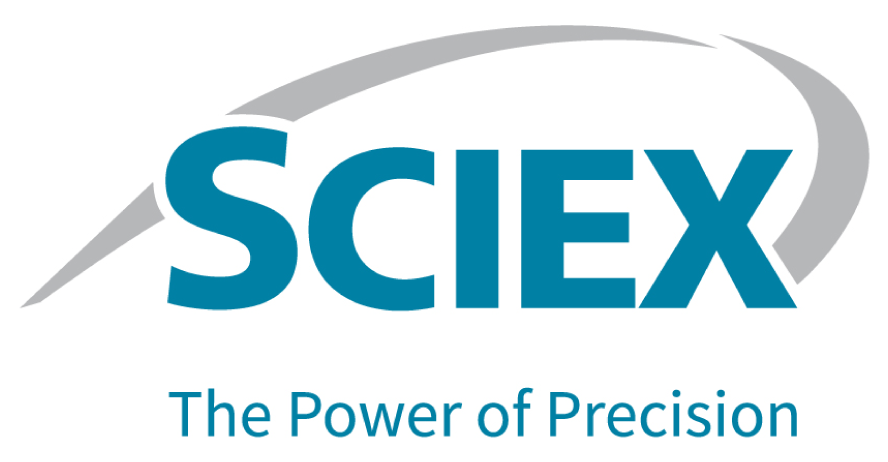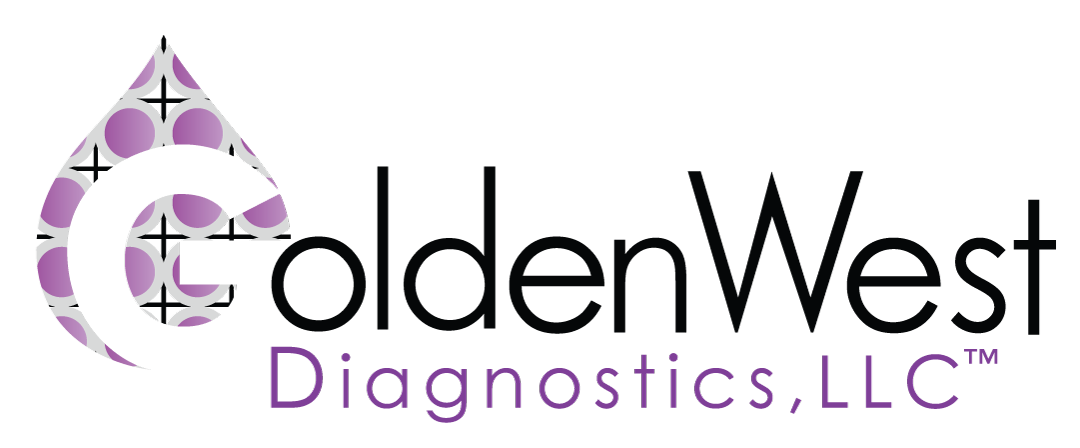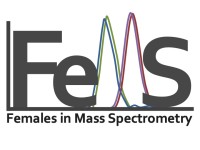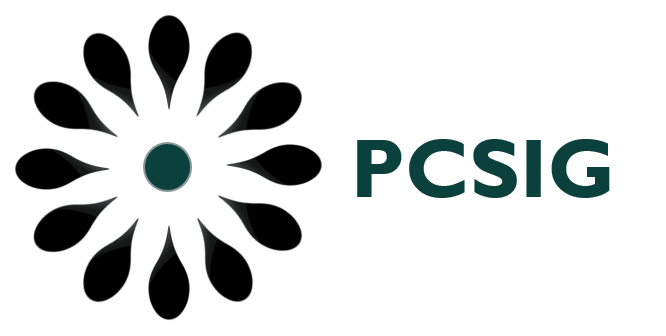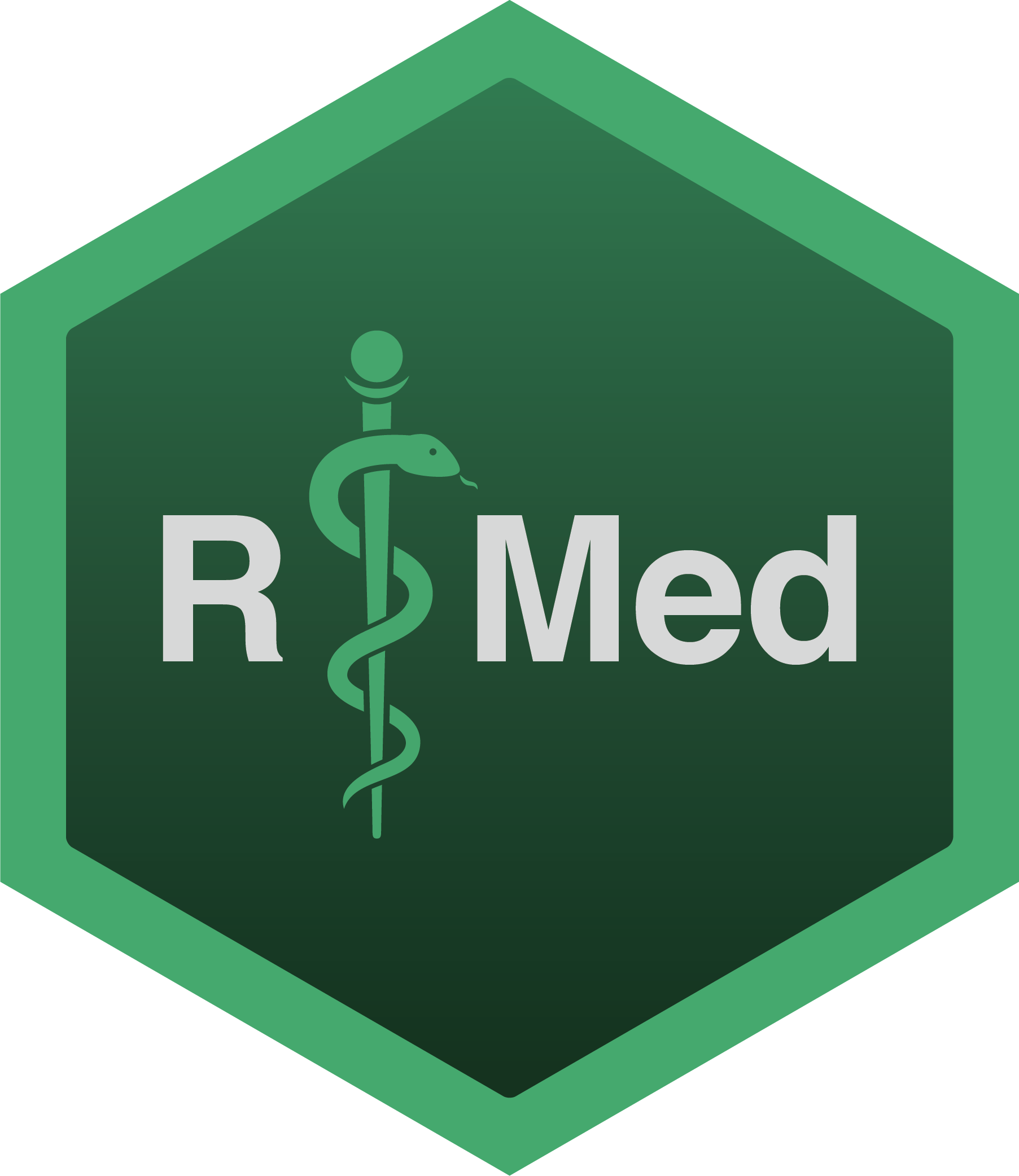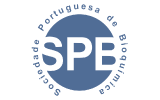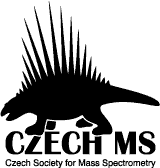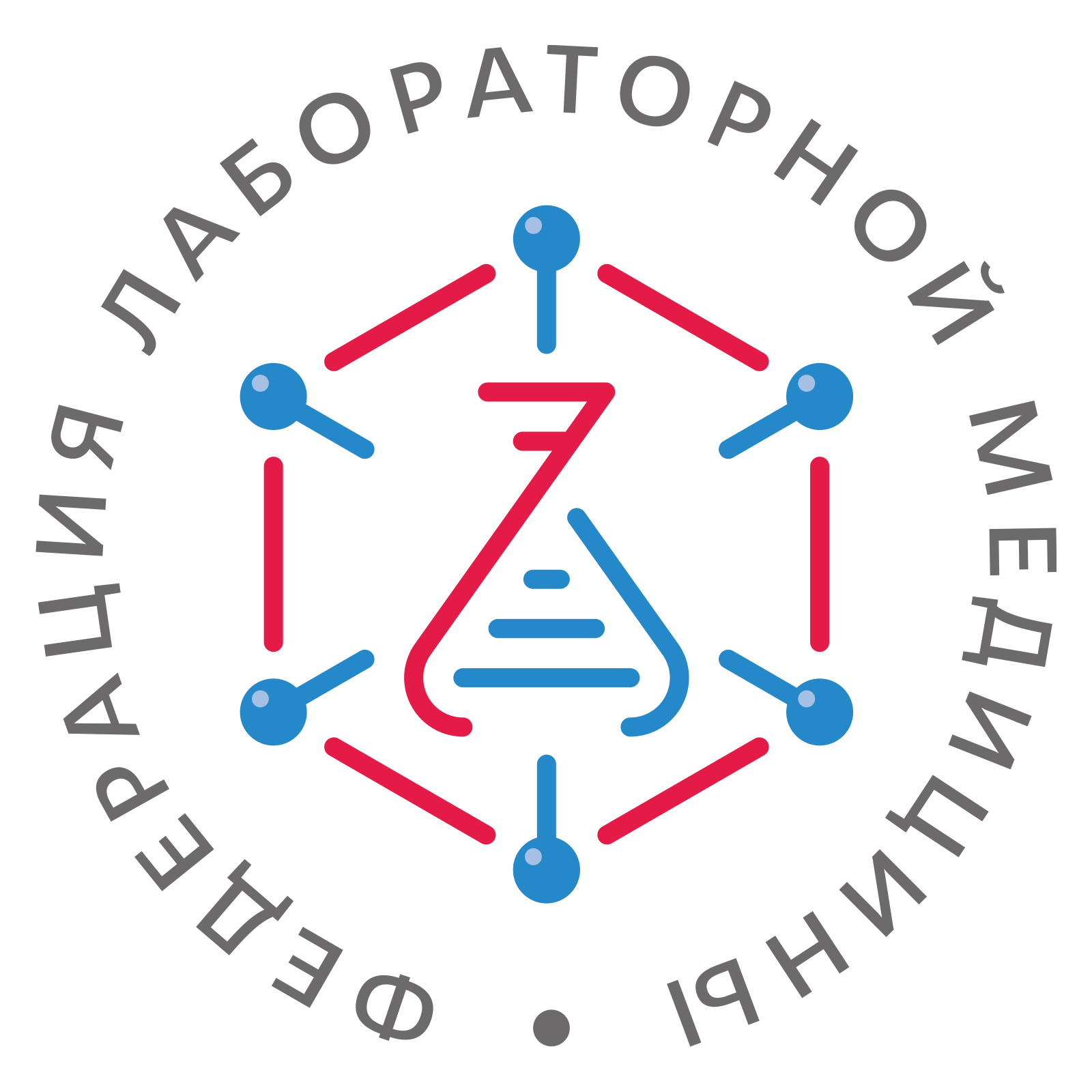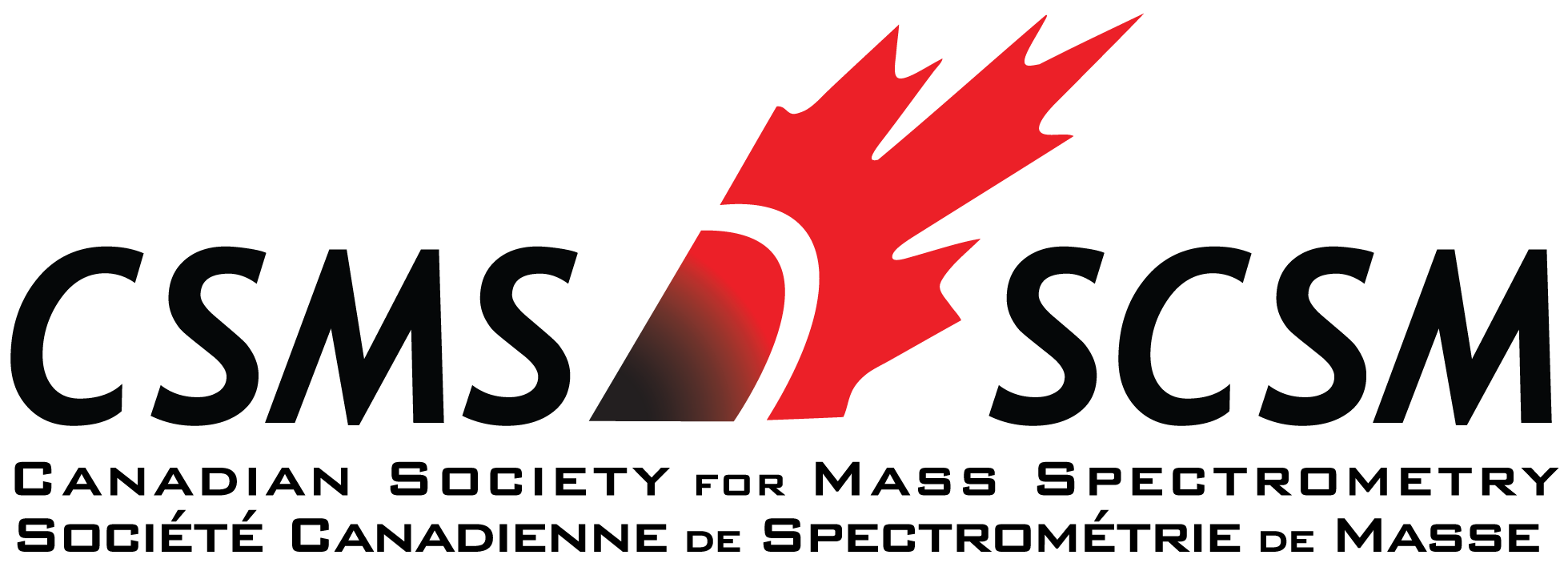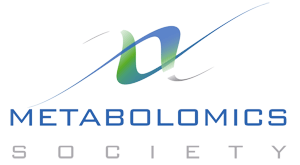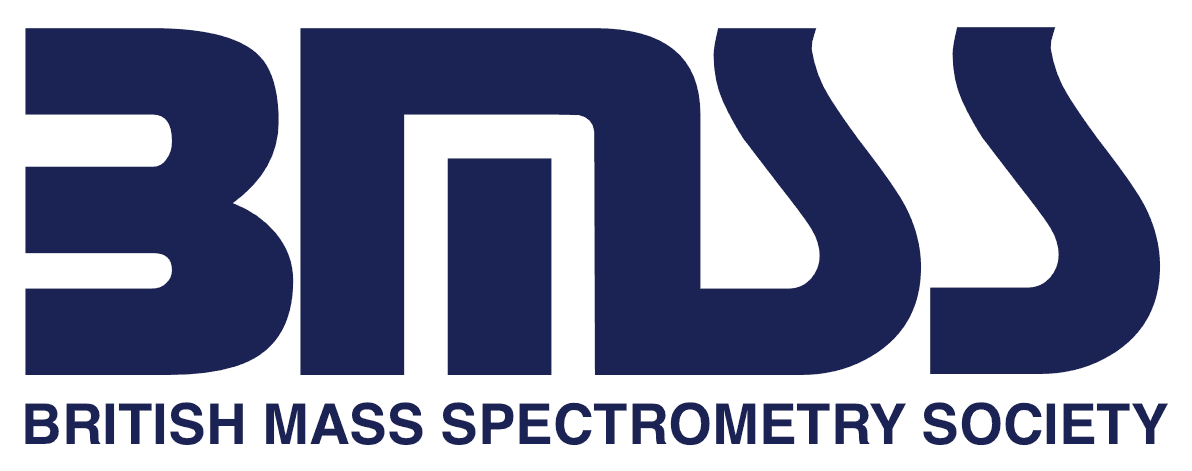MSACL 2021 EUvia Connect : Aug 31 - Sept 3 + 13-17 |
Details
MSACL EU
Description
|
MSACL 2021 EU This congress has shifted to Virtual-Only and will be held over two non-contiguous weeks. Week 1 : Week 2 : This event will be held on the Connect platform. There is no required payment to register to attend, but an honor-system-based, pay-what-you-can model will be followed. |
MSACL provides a forum for discussing the improvement of patient care and outcomes using emerging technologies, such as Mass Spectrometry, and applying established technologies in new ways. MSACL events bring together academic and industrial experts in the field with those driven to explore and understand more about the potential application and benefits of these technologies.
2. Review Abstract Submission
Guidelines
Abstract Topics
It's the abstracts that make the meeting. If you are working in clinical mass spectrometry and have compelling research, submit your abstract for presentation.
MSACL focuses on topics including bioinformatics, metabolomics, microbiology, small molecule and proteomics. A comprehensive list is below.
Expected Topics for MSACL 2021 EU
*Note: Abstracts are solicited for the topics listed below, however, if no abstracts are submitted and accepted on any given topic then it will not be covered.
Abstract Topics
MSACL is soliciting abstracts for both podium and poster presentations under the topics of:
- Breath and VOC Analysis
- Clinical Cases
- Data Science
- Endocrinology
- Glycomics
- Imaging
- Lipidomics
- Metabolomics
- Microbiology
- Natural Products / Environmental
- NMR
- Practical Training
- Proteomics
- Quality Management
- Toxicology / TDM
- Troubleshooting
- Various OTHER
Target Audience
The target audience for this program includes pathologists, clinical laboratory directors and scientists, and researchers as well as laboratory diagnostic providers. This program will be beneficial to healthcare administrators, laboratory quality control and standards scientists, as well as those responsible for implementation of clinical analyses for emergency response due to terrorism or accident.


